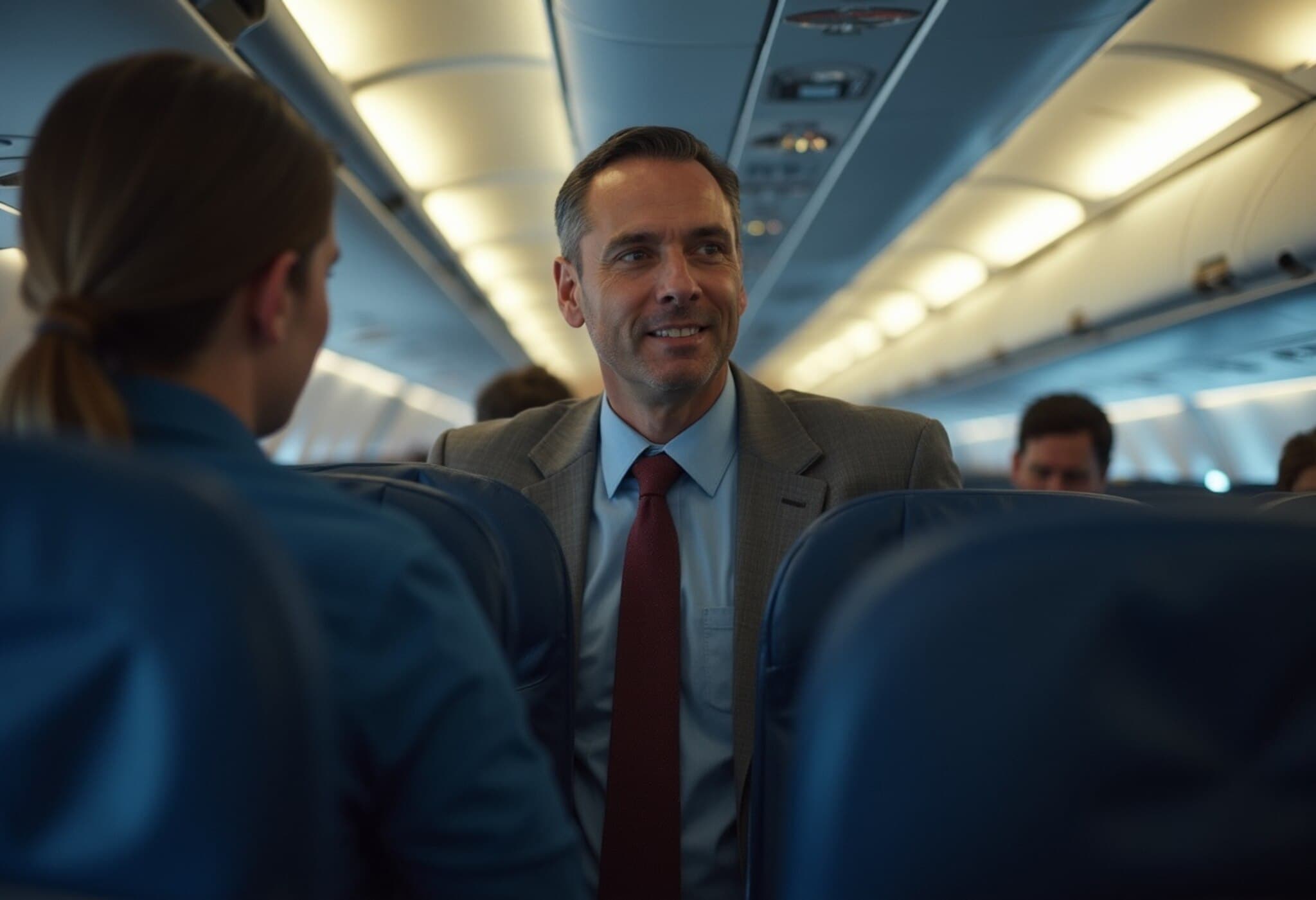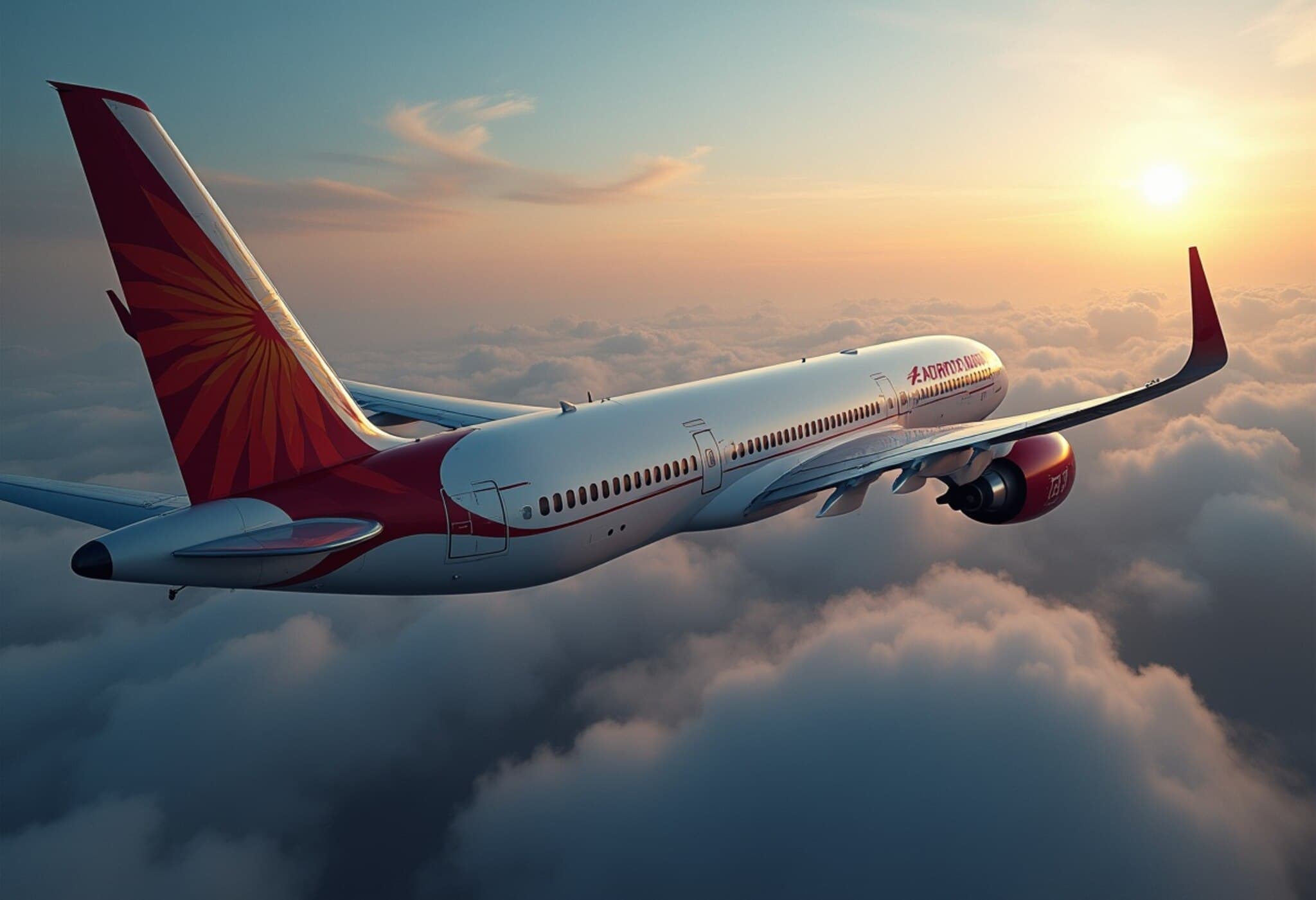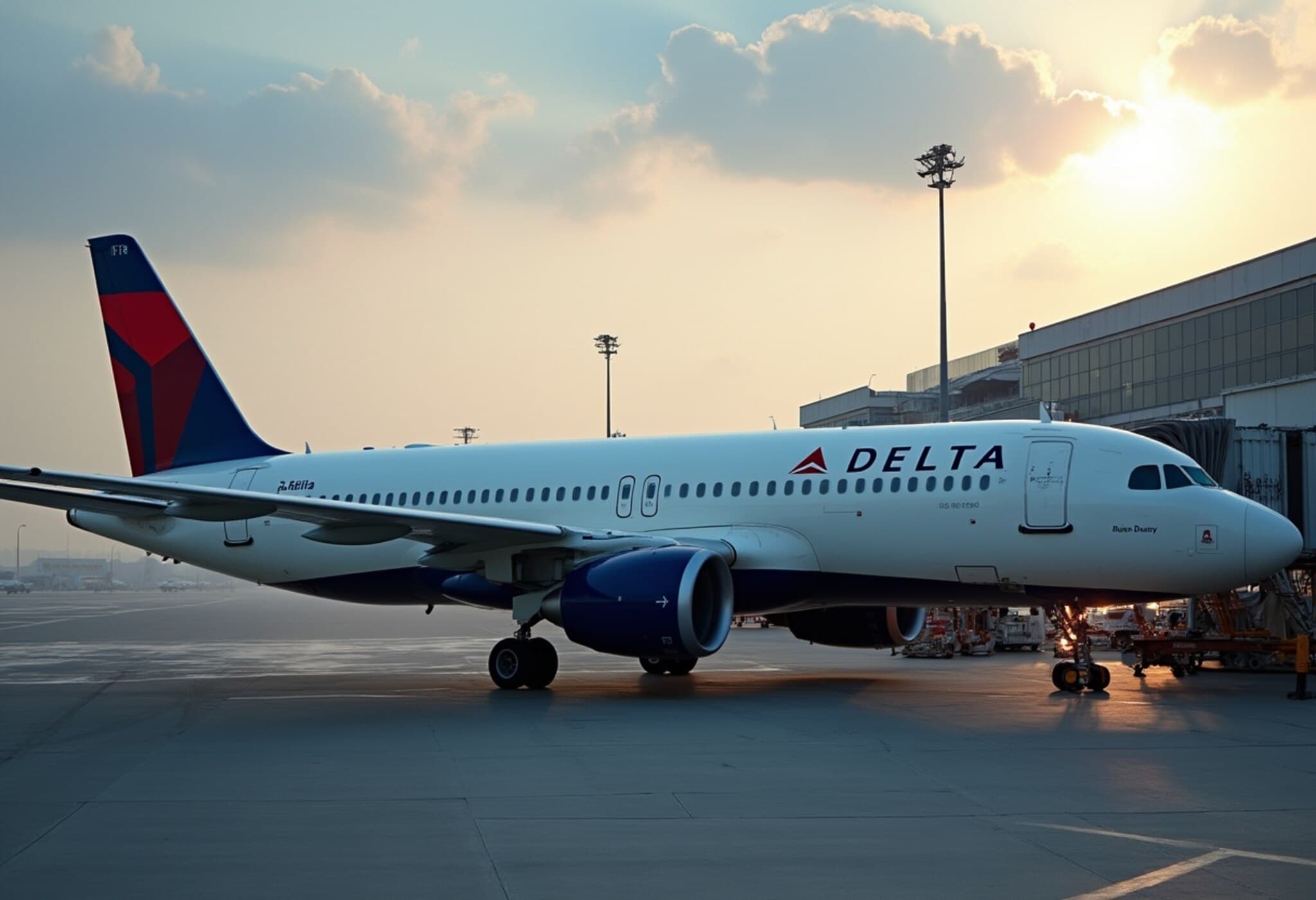Passenger’s Midair Disturbance Forces Emergency Landing on US Domestic Flight
In a rare and alarming aviation incident, a domestic flight from Omaha, Nebraska to Detroit, Michigan was abruptly diverted to Cedar Rapids, Iowa, after a 23-year-old passenger mounted a physical threat mid-flight. The individual, Mario Nikprelaj from Elkhorn, Nebraska, allegedly attempted to open the emergency exit door during the flight, assaulted a flight attendant, and issued death threats, sparking a tense situation on board.
Details of the Incident on Flight 3612
The flight, operated by SkyWest Airlines under Delta Air Lines’ regional brand Delta Connection, carried 67 passengers and 4 crew members. Shortly after takeoff, Nikprelaj, seated in the emergency exit row, suddenly lunged at the exit door, causing immediate alarm. Fellow passenger Jonathan Spencer Van der Waarden described hearing urgent calls onboard: “One guy is yelling: ‘Hey, we need help back here! He’s trying to open the door.’” Van der Waarden also noted that Nikprelaj's behavior had been erratic throughout the flight, including standing during takeoff — a time when passengers are expected to be seated and restrained.
Escalation and Passenger Involvement
Video footage shared with the press shows Nikprelaj in a white T-shirt with his hands bound behind him, being escorted off the plane by law enforcement. The aircraft was grounded at Eastern Iowa Airport for over two hours as police interviewed passengers and crew.
During the plane’s descent, the passenger reportedly marched towards the cockpit and became increasingly aggressive with both crew and other passengers who tried to restrain him. Van der Waarden recalled, “He was just being very aggressive.”
Legal Implications and Substance Possession
Upon arrest, authorities discovered 41 pills of Alprazolam (commonly known as Xanax), an anti-anxiety medication, on Nikprelaj. The pills were found without a valid prescription or proper tax stamps, which could result in additional charges related to unlawful possession of controlled substances. At present, Nikprelaj faces a host of charges including assault, disorderly conduct, and harassment.
He appeared before a US judge who set bail at $10,000. It remains unclear whether he has retained legal counsel.
Expert Analysis: Aviation Security and Passenger Behavior
This incident highlights the ongoing challenges airlines face in balancing passenger safety with mental health and medication issues onboard. The use of emergency exit rows by passengers who may pose risks calls attention to screening measures and cabin crew training. Experts argue that midair disturbances threaten not only onboard safety but also cascade delays and increased operational costs for airlines. Furthermore, the potential abuse or possession of prescription drugs without proper authorization onboard raises questions about pre-flight medical declarations and passenger screening protocols.
In the wake of this event, the Federal Aviation Administration (FAA) and airlines may need to revisit policies surrounding emergency exit seat assignments and protocols for managing disruptive behaviors, especially involving passengers under the influence of regulated medications.
Community Reactions and Broader Implications
Fellow passengers have expressed relief at the swift response by crew and law enforcement, underscoring the importance of vigilance and calm in crisis situations. However, this incident also reflects broader social issues, such as mental health awareness and substance abuse in the US, which intersect with aviation safety on a complex level.
As flying resumes to pre-pandemic levels, airlines and regulators face increased pressure to enhance onboard security while maintaining a humane and supportive environment for all travelers.
Editor’s Note
This unsettling event aboard Flight 3612 opens a window into the fragile balance of ensuring safety in the skies while dealing with unpredictable human factors. It prompts a critical reassessment of policies around passenger screening, medical disclosures, and support systems for mental health in air travel. As this story develops, airlines, regulators, and policymakers must collaborate to craft solutions that prioritize security without compromising dignity or service quality.












